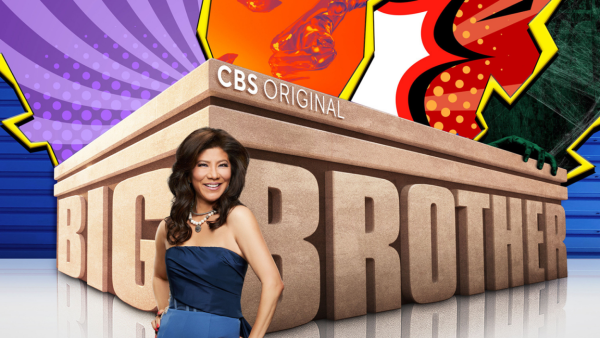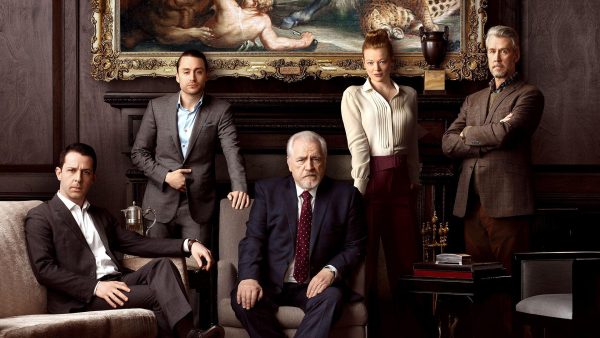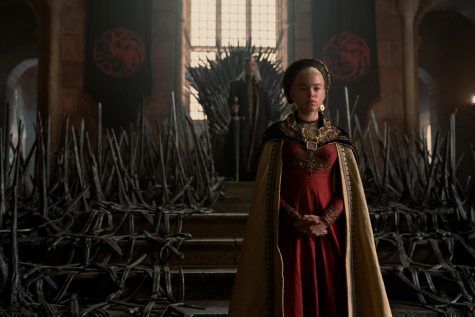The ‘J.K. Rowling’ Problem: Separating the Art from the Artist
A few weeks back, a coworker and I stumbled into a conversation about Harry Potter. It went like any other conversation between two average Potter heads: Which is your favorite book? Which is your favorite film? What house are you? What’s your Patronus?
Our lighthearted conversation was going great until we brought in another one of our coworkers into the conversation, and they brought up the large elephant in the room we were both avoiding.
“I’m not really into Harry Potter anymore, not after J.K. Rowling’s tweets.”
Ahh yes, those tweets. The tweets launched a hate storm towards the author and practically killed the Potter fandom.
Let’s go back a bit to when I feel the fandom officially started to die. In her June 10 essay released in 2020 on her official website, J.K. Rowling attempted to quell the storm of online hate she was, and as far as I know still is, receiving due to a series of tweets she liked that some say held transphobic statements.
In her essay entitled “J.K. Rowling Writes about her Reasons for Speaking out on Sex and Gender Issues”, she set out to clear the air and clarify that she wasn’t actually transphobic. But instead of the hate dying down, it seems to have only made things worse.
The essay was continuously analyzed and picked apart the days following its release. And she received even more online hate from her once die-hard fans.
After the fire died down, Potter fans were left to question their love for the franchise. Those who were once vocal about her love for the books and movies online quickly became quiet about Harry Potter. The entire online fanbase that was dedicated to Harry Potter, now feels that supporting Potter meant supporting Rowling.
The upcoming film, Fantastic Beasts 3, is expected to release in late 2022. Before J.K.’s essay, fans were eagerly anticipating the next chapter in the five-part story. Fan theories and speculation were high. But now, it seems like no one wants to watch the movie or cares to even talk about it.
The mindset for most Potter heads is: “How could anyone buy a ticket to Fantastic Beasts 3 knowing who Rowling is”. The once large and vocal online Harry Potter fandom, seemingly let go of Harry.
Once a famed artist is canceled, it’s always brought up that we should ‘separate the art from the artist’. The idea of supporting and loving the art and not the artist has become a big phrase in our modern, cancel culture society. When an artist with the amount of fame and influence like Rowling makes ignorant comments or offends a specific group of people, two groups of people form. One group throws away all the years they put into their passion and feels like if they continue to like the art, they are indirectly supporting the creator’s views. The other group accepts and acknowledges the flaws and mistakes of the artist but doesn’t let it affect their love for the art. Before Rowling’s cancelation, I thought that separating the art from its creator was impossible. But now I see things differently.
Why should we give up Harry Potter? I argued to my coworkers, the same way I’m attempting to argue here, that we shouldn’t be forced to give up something we hold dear just because its creator holds ignorant viewpoints.
It’s safe to say that Rowling’s personal views have poisoned the entire Potter fandom. But should we let it wither and die off? Should we be forced to let go of something so close to our hearts? I say no, we should not. Most Potter heads grew up with these characters. The themes expressed in those stories have raised an entire generation. We shouldn’t have to let all that go. The Potter fandom should be allowed to live on.

Maleek Munroe is a senior at Mercy College, majoring in communications. He graduated Nyack High School, where he found his love and passion for both...







